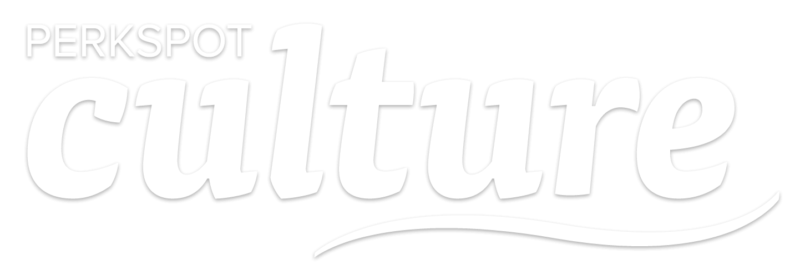Vacation: How to Digital Detox Without Going Off-Grid
Vacation is for unplugging — right? According to this recent study, maybe not. Cloud networking company Pertino found that 59% of Americans check email and take work calls while on vacation. 35% even haul a hefty stack of their physical work files when they travel.

Many of us travel with electronic devices but insist that we will only use them in case of emergency. Are we the victims of wishful thinking? This meQuilibrium survey found that 61% of us check our devices within an hour of an alert — email, text, social media, or otherwise. A colossal 73% report that their devices contribute to stress in their lives.
Americans are apparently not very good at unplugging, but this isn’t entirely our fault. It is increasingly difficult to find a destination without cellular coverage or internet access. One can now enjoy wifi hotspots on Mount Fuji and the backs of Israeli donkeys.
Social technology expert Alexandra Samuel suggests asking this question when planning your vacation: what’s the least amount of work connectivity I can get away with? Most of us can’t afford and/or lack the immense willpower to take a 25-day-no-exceptions-internet-hiatus. Answering this question will allow us to make a healthy break from technology without severing all lines of communication.

Understanding the difference between your peers’ expectations and your own anxiety is key. Do you fear being out of the loop because your job depends on your ability to respond to every email ASAP, or do you simply strive for the proverbial Inbox Zero?
If you have upcoming travel plans but are anxious about powering down your devices, follow these tips for how to unplug without becoming disconnected:
Set shared expectations about tech use.
With your travel companions, make a list of the specific ways you want to use each of your devices and a schedule with time limits for each of your approved uses. You may agree that it’s okay to peruse email for 15 minutes at breakfast, but only acceptable to call into work in the event of a client emergency.
Have a smart out-of-office reply.
Include a secondary contact that your correspondents can reach if they need to, and let them know that you may not review every message you receive while traveling. Ask them to email you again if you don’t write back by X date after you return.
Buy a paperback.
Sure, e-readers are great, but chances are you won’t actually read more than a book or two while on vacation. Take this opportunity to enhance your memory with some deep reading and give your eyes a break from another screen.
Disable notifications.
They will only make it harder to stick with your technology schedule. Here are guides for turning off notifications on Android, iOS, Mac, and Windows.
Designate a gatekeeper.
Choose somebody you trust who has a strong understanding of your job, most likely your manager or a close peer. Set up a vacation email account and provide only them with the address. Now you can stay apprised of anything seriously urgent without having to sift through all of your other communications in your daily work inbox.
Plan ahead for reentry.
Make a list of all your open projects, where you’ve left off, and what needs to be done while you’re away. Whoever is standing in for you can track progress more effectively. Plus, you can hit the ground running when you return.
Want more insights like these? Subscribe using the form to the right!







